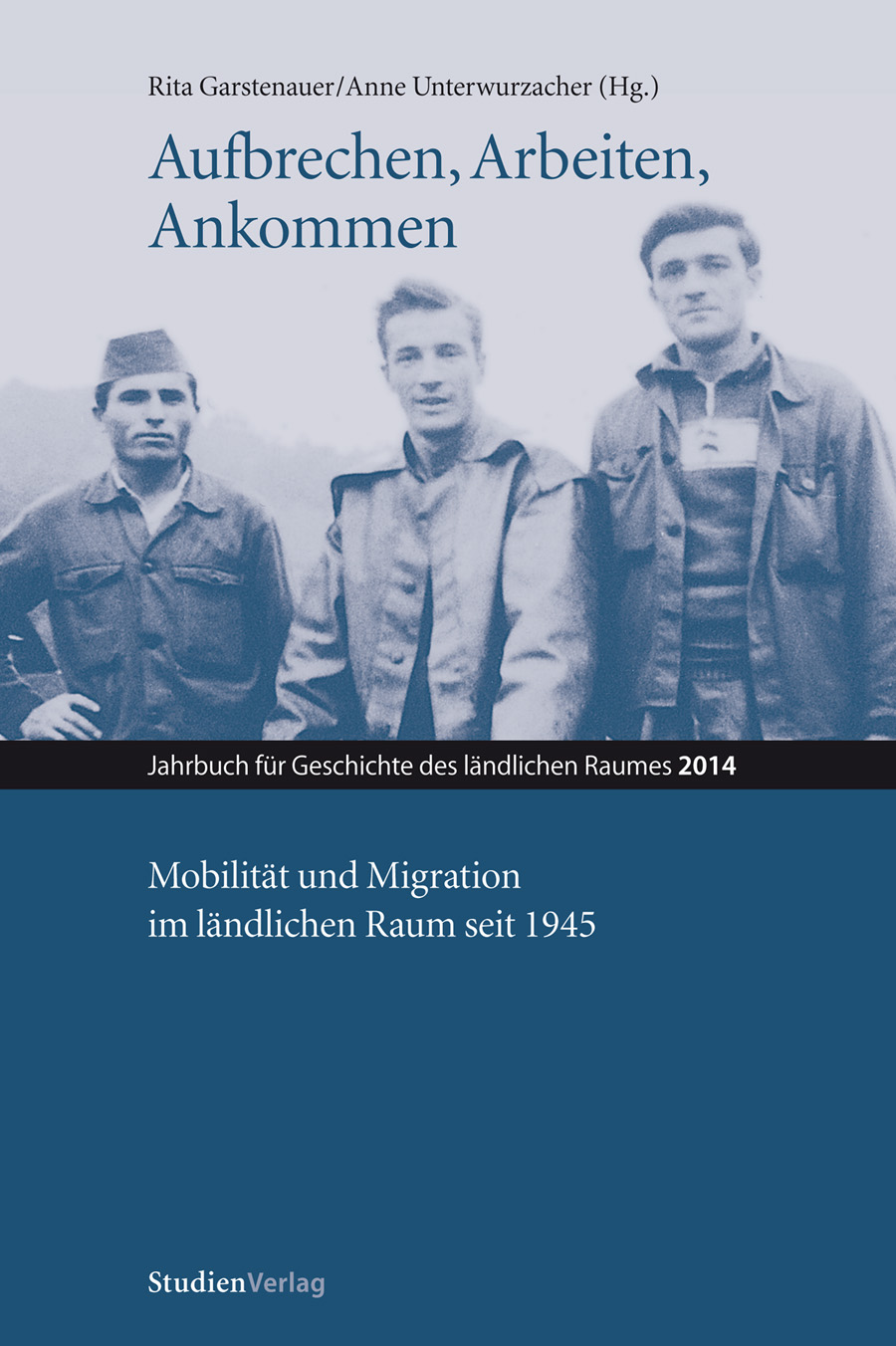‘He could do anything if he had to, he was a hardworking man.’
How Forced Labourers’ Children in Rural Bavaria Remember Forced Labour and its Consequences
DOI:
https://doi.org/10.25365/rhy-2014-2Abstract
The article investigates the communicative memory of forced labourers’ descendants in rural Bavaria. It is based on ethnographic research with a grounded theory approach that includes talks, interviews and group talks. Since there are only few media representations or rituals that commemorate forced labour in Bavaria, the topic is mainly present in oral communication. The interviewees’ parents stayed and lived on in Bavaria after having been forced labourers in the region during World War II. Only a limited set of topics is relevant for the interviewees when they talk about their parents’ forced labour on the farms in the neighbourhood or about the consequences of forced labour and of living on in the region – mainly the forced labourers’ children’s notion of ‘labour’ as well as their parents’ relations to native German neighbours and peer networks in rural Bavaria. Furthermore, the article shows how forced labourers’
children refer to their parents’ biographies by discussing socioeconomic relations in the region – if they do so at all – and how the interviewees refer to realms of memory like concentration camp memorials instead of addressing their parents’ experience of forced labour openly.


